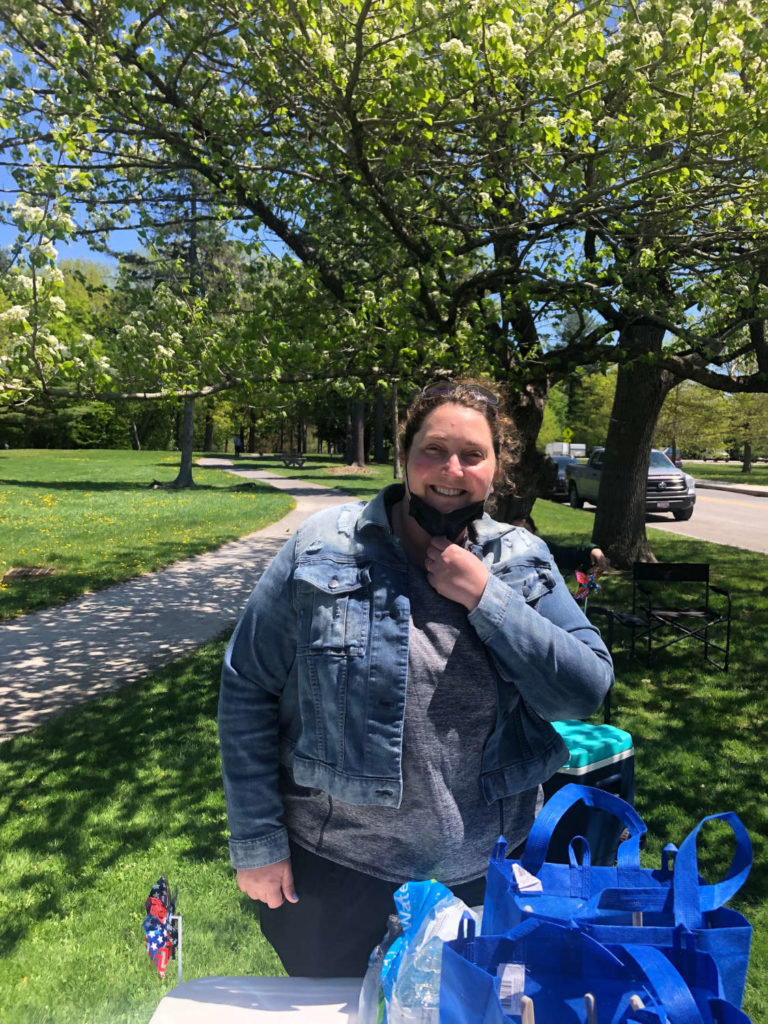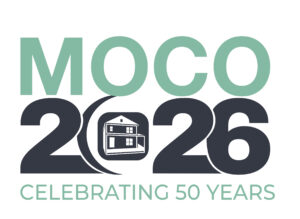Occupational Therapy
Occupational therapy (OT) services
Occupational therapy (OT) services are provided by our full-time licensed and registered occupational therapist (OTR/L) and our full-time certified occupational therapy assistant (COTA). Kristina Hoch and Suzanne Davis work together with the entire interdisciplinary team to promote residents’ independence and improve quality of life. They provide assessments, consultation, one on one or group intervention to develop, recover, or maintain meaningful activities or occupations.
OT services are offered in the group homes and supervised apartments with the goal of increasing our residents’ abilities to live as independently as possible while engaging in meaningful and productive life roles. If a resident needs more extensive or one on one OT services, then a clinician, nurse, or manager will make an OT referral for the resident to be evaluated. Kristina will meet with the resident to administer various assessments in areas of cognition, sensory processing, physical ability, self-care skills, etc. Formal assessments routinely used include the Allen Cognitive Level Screen, the Montreal Cognitive
Assessment, the Sensory Profile, the Performance Assessment of Self-Care skills, the Canadian Occupational Performance Measure, and others depending on the various needs of the resident.
Kristina and Suzanne offer strategies, recommendations, staff trainings and intervention. They can also help identify need and make recommendations for other services, such as neuropsychological, speech and language, physical therapy, or even equine therapy. OT interventions are client centered, occupation-based, and evidence-based. Interventions are designed to improve individuals’ functional abilities in the following areas:
- Safety in the home and community
- Sensory processing difficulties
- Mobility difficulties
- Activities of daily living
- Communication and social interaction skills
- Emotional regulation skills and other social emotional skills
Examples of OT interventions include fall prevention exercises to increase balance and coordination, deep breathing exercises to improve emotional regulation skills and mindfulness, or arts and craft activities to promote sensory strategies and improve self-esteem.


